Small pets are an excellent choice for people who want the companionship of an animal without the space, time, and financial commitment required by larger pets. These pets are not only adorable but also offer a variety of unique care requirements, making them a fun and rewarding addition to any household. Whether you're considering getting your first pet or adding a new furry (or scaly) friend to your family, this guide explores the top 10 most popular small pets that are widely loved by pet owners worldwide.
Turtles are one of the most sought-after small pets for a variety of reasons. They are low-maintenance, long-lived, and unique in appearance. Turtles, such as the red-eared slider and box turtle, have distinct personalities and thrive in a controlled environment.
Turtles primarily require a tank with proper filtration, a basking area, and UV lighting to ensure their health. They are quite hardy, but it’s essential to maintain water temperatures between 75°F and 80°F (24°C - 27°C). While they may not be as interactive as mammals, they are still enjoyable to watch, particularly when they bask under heat lamps or swim.
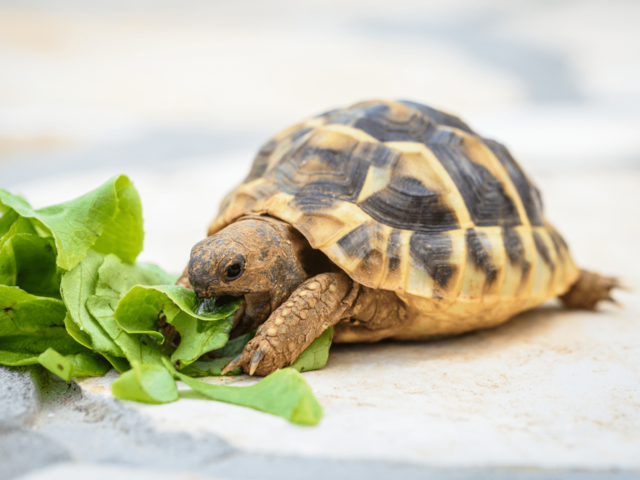
Pros:
Long lifespan (up to 50 years for some species)
Quiet and low-maintenance
Fascinating to observe
Cons:
Require a dedicated tank and water filtration
Can be slow to warm up to human interaction
Hedgehogs have recently surged in popularity due to their compact size and intriguing appearance. Known for their spiny coats, these nocturnal creatures are often seen as ideal pets for those with limited space or those living in apartments.
Hedgehogs are relatively easy to care for, needing only a comfortable habitat with proper bedding, a wheel for exercise, and a balanced diet. They are solitary animals and do best when kept alone to avoid aggression. They do require regular cleaning to prevent odor buildup and health issues.
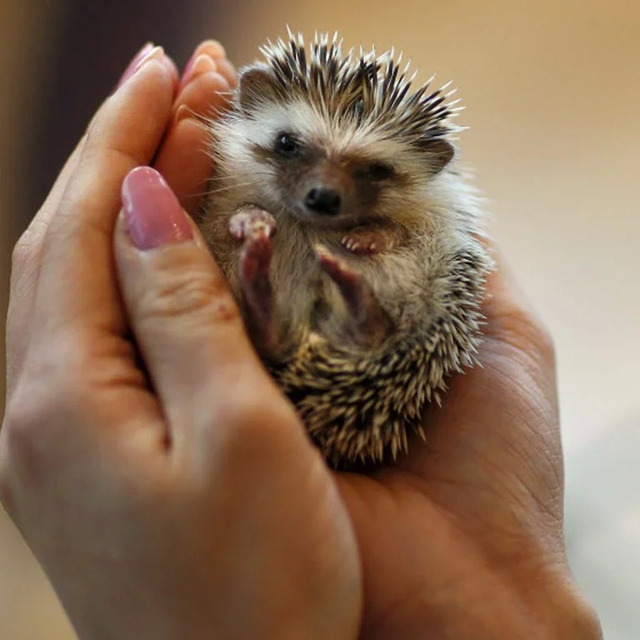
Pros:
Quiet and low-maintenance
Small and easy to care for
Can be trained to recognize their owners
Cons:
Need socialization to avoid becoming defensive
Sensitive to temperature; need a warm environment
Can be expensive to maintain due to specialized diet and care
Hamsters are a traditional choice for small pets and are great for first-time pet owners, especially families with children. Their compact size and relatively low cost of care make them a fantastic option for those new to pet ownership.
These small rodents are nocturnal and require a spacious cage with bedding, toys, and an exercise wheel. Hamsters are playful and enjoy burrowing, which means they need an environment that stimulates their natural behaviors. There are several species of hamsters, including Syrian and dwarf hamsters, each with their own characteristics.
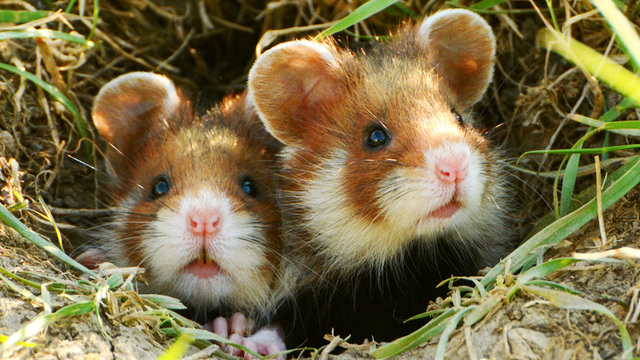
Pros:
Easy to care for and maintain
Active and entertaining, especially at night
Affordable and widely available
Cons:
Short lifespan (usually 2 to 3 years)
Can be territorial, so should be kept alone in most cases
Need regular cage cleaning
Guinea pigs are beloved for their docile nature and ability to form strong bonds with their owners. Unlike hamsters, guinea pigs are social animals that thrive in pairs or small groups. They are often recommended for families or individuals seeking a more interactive pet.
Guinea pigs require a large cage with bedding, a variety of fresh vegetables, and hay for digestion. They are herbivores, so their diet needs to be supplemented with fresh greens, hay, and pellets. Regular grooming is also essential to maintain their coat, particularly for long-haired varieties.
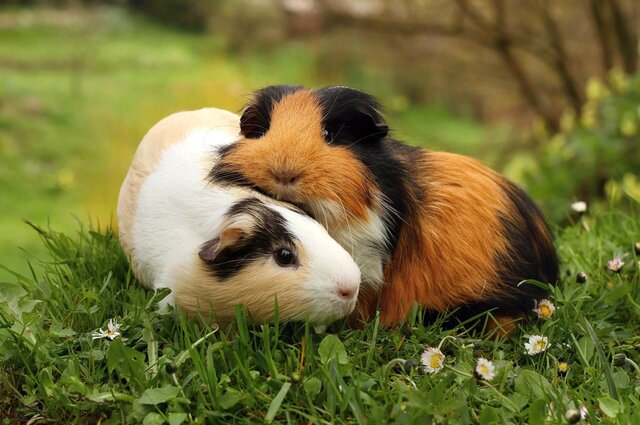
Pros:
Very sociable and enjoy human interaction
Can live 5-7 years with proper care
Easy to handle and gentle nature
Cons:
Require larger cages than other small pets
Can be noisy, especially in groups
Need daily attention and fresh food
Chipmunks are lively, small mammals that love to explore their environment. Known for their characteristic stripes and energetic personalities, they can make excellent pets for owners who enjoy watching active animals. However, chipmunks are not ideal for those with limited space or those who are new to pet ownership due to their higher care requirements.
Chipmunks need a large, secure cage with plenty of space to climb, run, and hide. Their diet consists of seeds, fruits, nuts, and insects, and they must be given plenty of exercise opportunities to stay healthy.
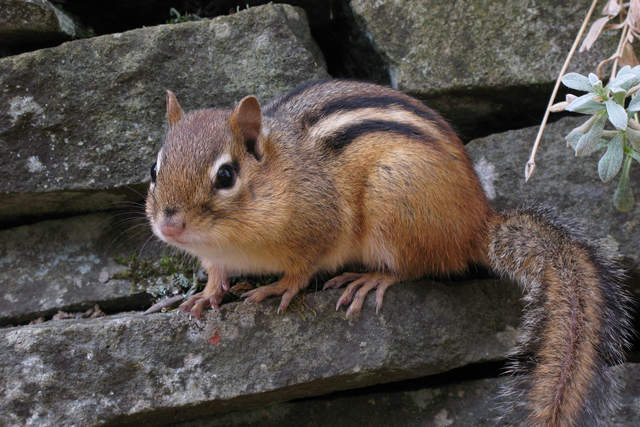
Pros:
Active and fun to watch
Independent, which can suit busy pet owners
Can be quite interactive with proper socialization
Cons:
Can be destructive if not provided enough stimulation
Need a large cage and lots of space to roam
Might not be as tame as other small pets
Parakeets, also known as budgerigars or budgies, are one of the most popular pet birds worldwide. Known for their vibrant colors and social nature, parakeets can be highly entertaining and affectionate once they’re tamed. They are often sought after for their ability to mimic human speech.
Parakeets require a spacious cage, regular social interaction, and access to fresh food and water. They thrive when kept in pairs or groups, but can bond closely with their human owners. Providing toys and an enrichment environment is essential for their mental health.
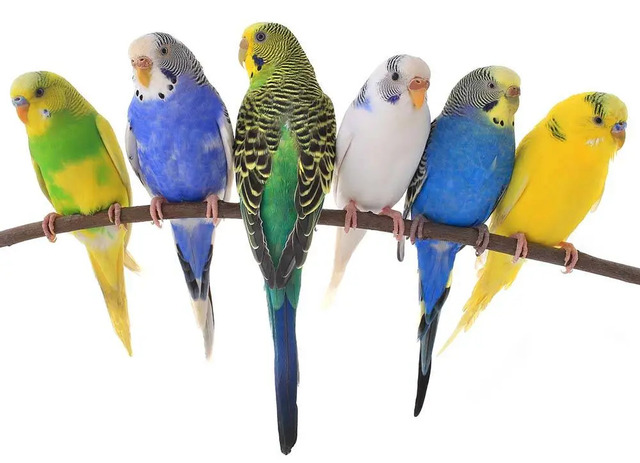
Pros:
Easy to care for and maintain
Great for people who enjoy interactive pets
Can learn tricks and mimic speech
Cons:
Require a lot of socialization and attention
Can be noisy, especially in groups
Need frequent cage cleaning
Ferrets are incredibly intelligent and social animals known for their mischievous personalities. They are playful, curious, and thrive on interaction, making them excellent companions for people who are willing to invest time and effort into socializing and training them.
Ferrets need a large, secure cage and should be allowed supervised time outside the cage each day to burn off energy. They require a diet rich in protein, and regular cleaning is essential to avoid odors. Ferrets are known for being escape artists, so ensuring their living area is secure is crucial.
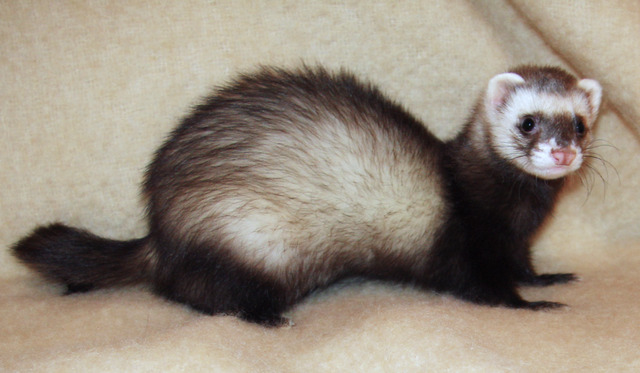
Pros:
Highly social and intelligent
Can be litter trained
Active and playful, making them fun to interact with
Cons:
Require a lot of attention and supervision
Can be destructive if not properly stimulated
Need a large living space
Sugar gliders are exotic pets known for their ability to glide through the air, making them incredibly fascinating to observe. These nocturnal creatures are highly social and thrive in pairs or groups, so it’s important to adopt them in more than one if possible.
Sugar gliders need a tall cage with plenty of space to climb, jump, and glide. Their diet consists of fruits, vegetables, and protein, and they require a significant amount of time outside their cage to interact and exercise.
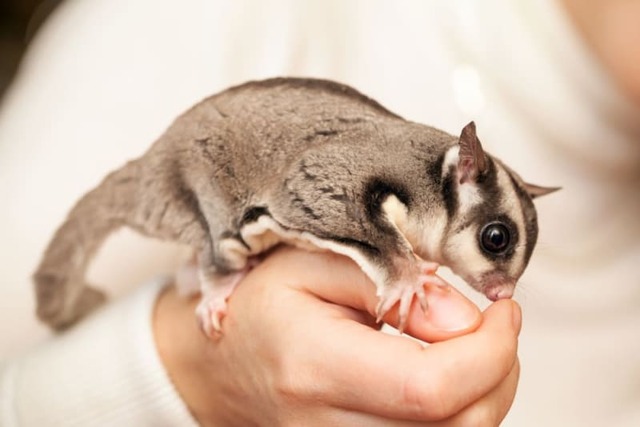
Pros:
Fascinating gliders with a unique appearance
Extremely social, and bond well with owners
Can be trained to perform tricks
Cons:
Require a lot of attention and social interaction
Nocturnal, which may not suit all owners
Expensive initial setup and care
The Bichon Frise is a small breed of dog that’s well-loved for its hypoallergenic coat and friendly personality. These dogs are great for apartment living due to their small size and adaptability. They are affectionate, gentle, and great with children and other pets.
Bichon Frises require regular grooming to maintain their fluffy, curly coat. They also need daily exercise and mental stimulation to stay healthy and happy.

Pros:
Friendly and good with children
Low-shedding and hypoallergenic
Easy to train and very affectionate
Cons:
Require regular grooming
Can develop separation anxiety if left alone too long
Need daily exercise and mental stimulation
Rabbits are one of the most popular small pets, known for their gentle temperament and social nature. They make excellent pets for those who want an affectionate companion but don’t have the time or space for a dog.
Rabbits require a spacious cage or playpen, a diet rich in hay and fresh vegetables, and regular social interaction to prevent loneliness. They are also intelligent animals that can be litter trained and enjoy having their own space to roam around in.
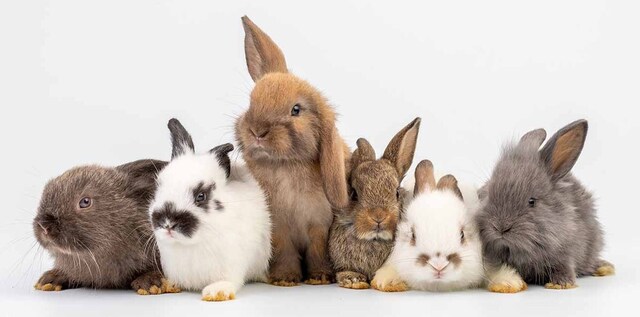
Pros:
Gentle and quiet nature
Can be litter trained
Sociable and affectionate when bonded
Cons:
Require space to roam and exercise
Can be expensive to care for due to diet and medical needs
Need regular grooming, especially long-haired breeds
When choosing the perfect small pet, it’s important to consider your lifestyle, living situation, and the time you can dedicate to pet care. From the low-maintenance turtle to the playful ferret, each of these small pets offers unique companionship and joy to their owners. Researching each species' needs and behavior will ensure that you pick the right one to suit your home and lifestyle.
By considering the care requirements and characteristics of each, you’ll be able to make a well-informed decision and provide your new pet with a happy, healthy life.
animal tags:
We created this article in conjunction with AI technology, then made sure it was fact-checked and edited by a Animals Top editor.